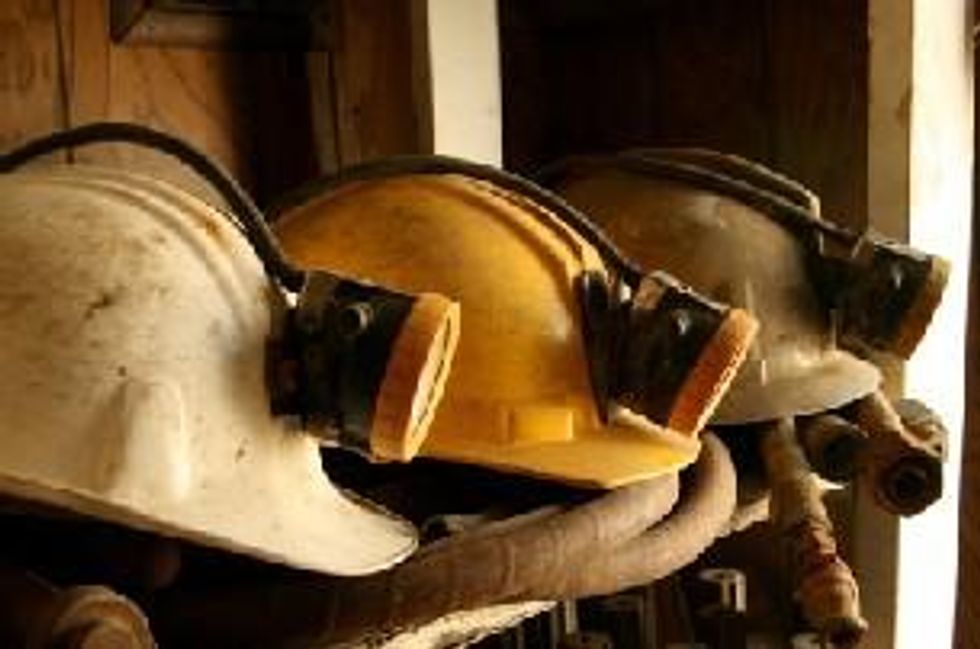Canadian Lithium Developments Representing Economic Viability
The market has demonstrated strong confidence in the project since the latest press release sending the share prices up over 11 percent from $1.24 to just above the $1.40 range at which it is currently trading. The performance is particularly notable considering the downside pressure reflected in the weighted average Byron Capital Markets Lithium average which has seen depreciation close to 9 percent over the same time frame.
By Dave Brown – Exclusive to Lithium Investing News
Canada Lithium Corp (TSX:CLQ) said it expects to start full production at its Quebec Lithium Project in 2013 following the detailed design and engineering of the project. The junior miner, which received positive results from a feasibility study at the mine, expects to start construction in May and commission it by the end of 2012. The accrued revenue for Stage 1 of the life of the mine is estimated at $1.78 billion and initial capital costs are forecast to be in the $202 million range. The project’s annual revenue is estimated to be approximately $120 million at current prices. The operation, which will consist of an open-pit mine and a processing plant, is expected to produce over 44 million pounds of high-purity lithium carbonate, mainly for sale to producers of new long-life lightweight batteries for electric cars and hybrids. Initially, the project mine will process one million tonnes of ore annually over 15 years, but that could be doubled with sales to the North American and European glass, foundry and ceramics markets.
The world’s biggest fund manager, US based BlackRock (NYSE:BLK), recently put up $10 million to cover down payments on the main mine and plant equipment. Canada Lithium’s Chief Executive Officer, Peter Secker stated that “We’d hope it will be among the institutional investors taking part in the permanent financing.” Secker continued in stating ” The feasibility study shows our mine and processing plant will compete financially with Latin American lithium brine producers, especially when we get natural gas connected in two years. We have good infrastructure, relatively cheap electric power and a clean ore.” Negotiations for the permanent financing will cover equity and debt, and should be completed by May, he said.
Canada Lithium will extract the pegmatite hard rock mineral resource containing one percent lithium, crush it and upgrade it through its processing plant to 99.5-to 99.9 percent pure lithium carbonate, the core product for the next-generation batteries. The former Sullivan mine once produced lower-grade lithium for the ceramics industry.
Canada Lithium has had a number of interesting news developments this year including a distribution agreement with a Japanese metals trading firm, Mitsui and Co. Ltd., to market a portion of the company’s product in China, Korea and Japan. The market has demonstrated strong confidence in the project since the latest press release sending the share prices up over 11 percent from $1.24 to just above the $1.40 range at which it is currently trading. The performance is particularly notable considering the downside pressure reflected in the weighted average Byron Capital Markets Lithium average which has seen depreciation close to 9 percent over the same time frame. Blackrock share prices have appreciated 4.3 percent over the period climbing from $182.82 to the current $191.07 range.
Downstream Automobile Manufacturer Launching New Model
Chinese Electric Vehicle (EV) manufacturer Kandi Technologies (NASDAQ:KNDI) launched the lithium ion battery based electric car, the KD5011, featuring a range of between 200 to 230 kilometers per charge. The previous model, KD5010, used a lead-acid rechargeable battery and had a reduced driving range of 100 to 150 kilometers per charge. Kandi is among the leading producers of go-karts in the world, with an estimated 15 percent share of market and the ambitious goal of doubling this share. The company believes that battery powered, electric super minis and related services will eventually become the company’s largest revenue and profit generator. They also announced that the new model is eligible for national subsidies in a series of pilot cities as designated by the Chinese government.
On a trial basis since June, China has been giving out as much as 50,000 yuan toward the purchase of plug-in hybrid models and up to 60,000 yuan in the cities of Shanghai, Changchun, Shenzhen, Hangzhou and Hefei for vehicles that run only on batteries. China may also be investing more than $15 billion in electric vehicles during the next 10 years. The country’s aim would be to increase annual production capacity of alternative-energy vehicles to 500,000 by next year as part of efforts to cut oil imports and rein in pollution.





